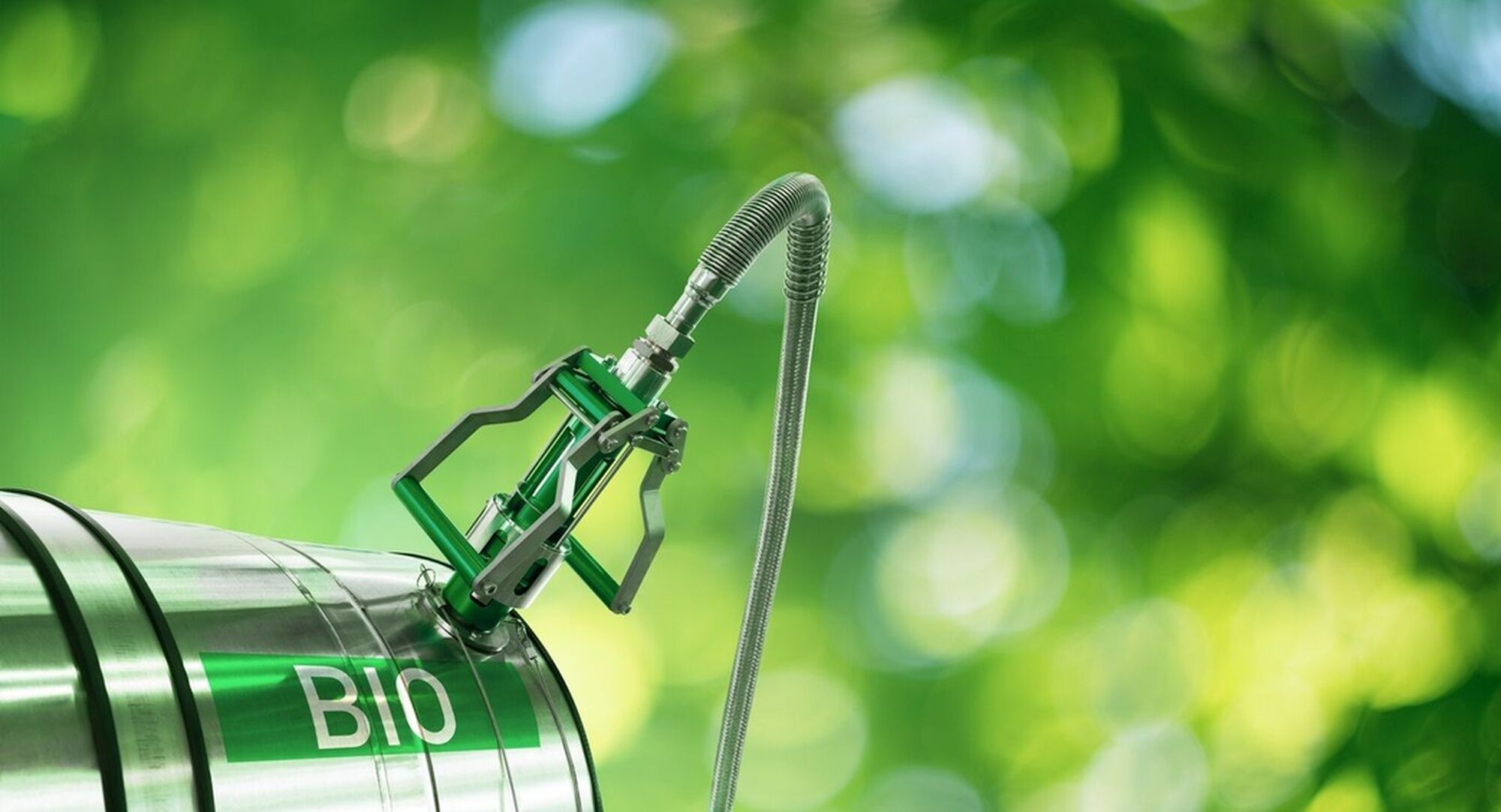Decarbonising transport is a goal we can achieve, but we must take into account all the available alternatives to fossil fuels: electricity, new technologies based on hydrogen and sustainable biofuels, a positive opportunity to create value for agriculture and for local communities. These issues were the topic of an important conference organized by NGV Italy, a meeting in Rome with representatives of automotive, logistics and transport industries, lawmakers in Italy and the EU, cabinet ministers, stakeholders.
"Overcoming the ideological transition. The challenges of GNL and biofuels for the transports, today and tomorrow" was the theme of the convention: an excellent occasion to discuss the topic and to refer the matter to the Government. Transport Minister Matteo Salvini announced the creation of a technical table on the ecological transition for the various sectors of the world of transport; a few days later, during Planet Week at the G7 in Turin, Environment Minister Gilberto Pichetto pointed out that "sustainable biofuels can and must make a fundamental contribution to the decarbonisation of the transport industry".
In Turin Pichetto emphasized the benefits that biofuels can provide to eliminate fossil fuels: biofuels “are easy to integrate into existing systems of logistics, storage and distribution and can be used in existing vehicles. Biofuels also promote circular economy and create value for local communities, encouraging sustainable practices”.
These remarks are encouraging news for companies like Maganetti, since we’re working on a project of sustainability and decarbonisation based mainly on bio-LNG. Sustainability is a ongoing process and we closely monitor new technologies for electric trucks and the developments on the use of hydrogen, but at present there are some clear facts about alternative fuels. "With bio-LNG we can produce fuel starting from animal waste that can damage the environment - says Matteo Lorenzo De Campo, CEO of Gruppo Maganetti -. With this process we can create a mutual advantage with farms and we’re working in a system of circular economy. At present with bio-LNG we can really build sustainability, since it allows the same functionality with a small increase in costs. It’s very different from other technologies that we are experimenting with, like electric trucks, where costs and operational functionality have completely different models".

